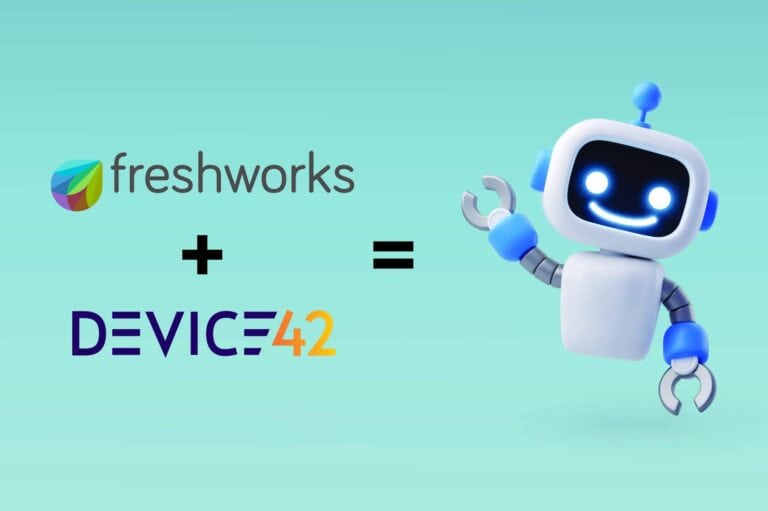Choosing the right consultant and taking well-informed decisions
It’s a familiar dilemma. You’ve consulted a handful of people for their opinions on a significant investment. However their guidance differs. Who do you trust? The consultant who a trusted colleague recommended? The one with a good digital profile, for instance a high Klout score for their social media presence? The guy who exuded confidence and had quick-fire answers for all of your questions? Or the consultant who seemed more concerned than confident and who said “it depends” a lot more than you wanted to hear?
Table of Contents
ToggleThis piece explores three dimensions that characterize consultants: confidence, competence and consciousness and comes to the conclusion that the unconfident but unconsciously competent consultant might just be the one that you need.
Data or self-belief?
I modestly call it Smalley’s Law. Some people need data to cope with uncertainty while others rely on self-belief. Uncertainty is such a primary driver for sentient beings. Because survival often depends on it. And just as perceived danger triggers either a fight or flight response, people have a more deeply-seated response to uncertainty. Some people really need to reduce uncertainty by gathering more data about a situation. While others compensate the uncertainty of the situation with the confidence in their ability to respond to surprises. In other words their confidence in their competence.
Being a consultant, I can’t resist pouring this into a 2×2 matrix. There are people who are confident and competent, which sounds like ‘fight’ to me. On the other end of the scale, those who lack both competence and confidence will be in ‘flight’ mode.
This leaves us with two incongruent combinations. Confidence without competence will end up in tears. The bad news is that a confident yet incompetent candidate may get the job or win the deal, but that in the end, results will disappoint. The trouble is, that he or she is often a serial disappointer, leaving a trail of collateral damage while getting rich in the process.
The final quadrant – competence without confidence – is a missed opportunity. It’s common knowledge that given the choice between somebody who appears confident and somebody who doesn’t, you are more likely to be influenced by the confident one. This is similar to the effect that authority has on you, as researched by Robert Cialdinio1). The appearance of authority increases the likelihood of compliance with requests – even when the authority is illegitimate.
Consciousness
It’s now time to introduce another ‘c’ into the equation. Consciousness. This turns the 2×2 matrix into the consultant’s dream, a three-dimensional 2x2x2 matrix.
Let’s explore the conscious-competent area. This is often useful to illustrate the learning process. First somebody is unconsciously incompetent, until something goes wrong. Then they ‘progress’ to being consciously incompetent, and possibly take the initiative to better their ways. During the improvement process, they move from consciously incompetent to consciously competent. A good example of being consciously competent is when you’re learning to drive. You’ve mastered the technique of changing gear, but you still consciously move the gear knob from position to position. Until after a while, you suddenly realize that you’ve been changing gear without being aware of it. In other words, you have become unconsciously competent. In very simplistic terms, it’s moved from the front of your brain to the back, where most of the instinctive stuff happens.
Competent introverts versus confident quacks
People who are competent but lack confidence are often unconsciously competent. They have forgotten more about their expertise than their counterparts will ever need to know. Their insight makes them concerned about the numbers behind the decimal point whereas their counterparts only need a ballpark figure. If they are also introvert, as many thoughtful people are, it’s a missed opportunity to dismiss them because they’re not broadcasting at full volume. It’s not what they do2). They are more comfortable in one-to-one situations than in meetings, for instance. Do us all a favor. The next time you come across an unconsciously competent introvert, reassure them that they’re better than they think. Boost their self-belief. They deserve it. So do we. Resist the lure of illusory certainty and don’t get fooled again by a confident quack.
References
- Book: ‘Influence: The Psychology of Persuasion’, by Robert B. Cialdini
- TED Talk: Susan Cain: The power of introverts
Summary:
Choosing the Right Consultant
Three dimensions that characterize consultants: confidence, competence and consciousness and comes to the conclusion that the unconfident but unconsciously competent consultant might just be the one that you need.




